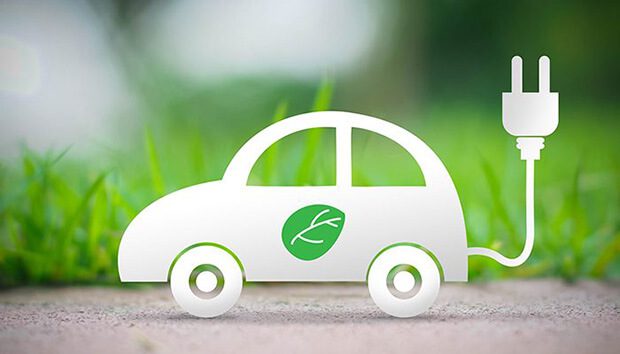Recently, I began a lease on my inaugural electric vehicle (EV)—a Toyota bZ4X. I’m thrilled with its quick acceleration and expansive moonroof, and I genuinely don’t miss frequenting gas stations. Another significant benefit of owning an EV, in addition to its positive environmental impact, is the assortment of financial incentives that come with it. Let’s delve into some of these perks.
Understanding federal tax credits
The New Clean Vehicle Tax Credit is a federal benefit offered to individuals or companies purchasing an EV between 2023 and 2032. To qualify for this tax credit, which can be as much as $7,500, you must possess a new, eligible plug-in EV or fuel cell electric vehicle for personal use (not for resale) within the U.S. There is a federal credit of up to $4,000 available for acquiring used EVs, though there are certain restrictions. For details on qualifying vehicles, you can check the U.S. Department of Energy website.
Eligibility limitations
To avail of this credit, married couples filing joint tax returns must have an adjusted gross income (AGI) that does not exceed $300,000. For head of household filers, the AGI cap is set at $225,000, while all other filers cannot have an AGI greater than $150,000.
Moreover, the electric vehicle must “undergo final assembly in North America” as per IRS guidelines. Thus, some vehicles imported from abroad may not qualify for this credit, yet there is a workaround available.
Leasing offers unique advantages
Individuals who choose to lease an EV rather than purchase one may discover alternative benefits, despite the regulations that apply to buyers. “Leasing firms are not bound by the same requirements, allowing them to claim the tax credit and subsequently pass on the savings to consumers through more affordable leases,” explains Paul Miller, CPA and founder of Miller & Company, LLP.
According to Vincent Bray of Toyota Motor North America, “leased EVs are also eligible for clean vehicle tax credits and do not have to comply with the domestic assembly stipulations set forth by the Inflation Reduction Act.” He elaborates that as a leasing entity, Toyota Lease Trust can leverage tax credits for leasing battery electric vehicles and plug-in hybrids, passing that benefit to customers as lease cash incentives.
I benefited significantly from $16,250 in incentives from Toyota, which led to a notable reduction in my lease payments. Other companies might offer comparable incentives as well.
State programs to consider
Additionally, some states provide their own tax credits atop the federal ones. For instance, through New Jersey’s Charge Up initiative, residents can access incentives that reach up to $4,000 for a new EV, as well as an extra $250 for a qualifying charger. Colorado enables residents to claim up to $7,500 in tax credits, while Massachusetts offers up to $6,000. States like California, Delaware, New York, and Maryland also have programs designed to encourage EV investments.
Conversely, some states seek to recover revenue from individuals who no longer require gas station refueling and thus do not contribute to state gas taxes. These annual charges can range from $50 to over $200 for those purchasing or leasing an EV, making it essential to stay informed about your state’s regulations prior to making a decision.
Additional potential incentives
Homeowners who set up a charging station may qualify for another federal tax credit, covering up to 30% of the charger and installation costs, capped at $1,000. “A key restriction added in 2022 is that the installation must occur in a low-income or nonurban census tract,” states Mark Luscombe, principal federal tax analyst at Wolters Kluwer. “Roughly two-thirds of taxpayers reside in such areas.”
To confirm if your area qualifies, visit the U.S. Department of Energy website. Filers can fill out Form 8911 to leverage this credit.
Several electric utility companies also provide reimbursements for home charger installations. For example, FirstEnergy has incentives in New Jersey and Maryland for homeowners who install EV chargers. In particular, Jersey Central Power & Light (JCP&L) offers residential customers up to $1,500 to help cover installation expenses for EV charging service equipment at home.
Customers of JCP&L can additionally save money by charging their vehicles during specific times. “Residential customers may qualify for an off-peak rate credit of $0.02 per kWh, serving as an incentive to charge their vehicles overnight,” remarks Christopher Hoenig, senior communications representative at FirstEnergy. The company also provides financial incentives for multifamily properties looking to establish shared charging facilities.
Embracing green technology with EVs
The popularity of EVs is on the rise, with numerous car manufacturers introducing their own models in recent years. If you choose to embrace sustainability by purchasing or leasing an EV, ensure you explore and utilize every available federal and state benefit.


